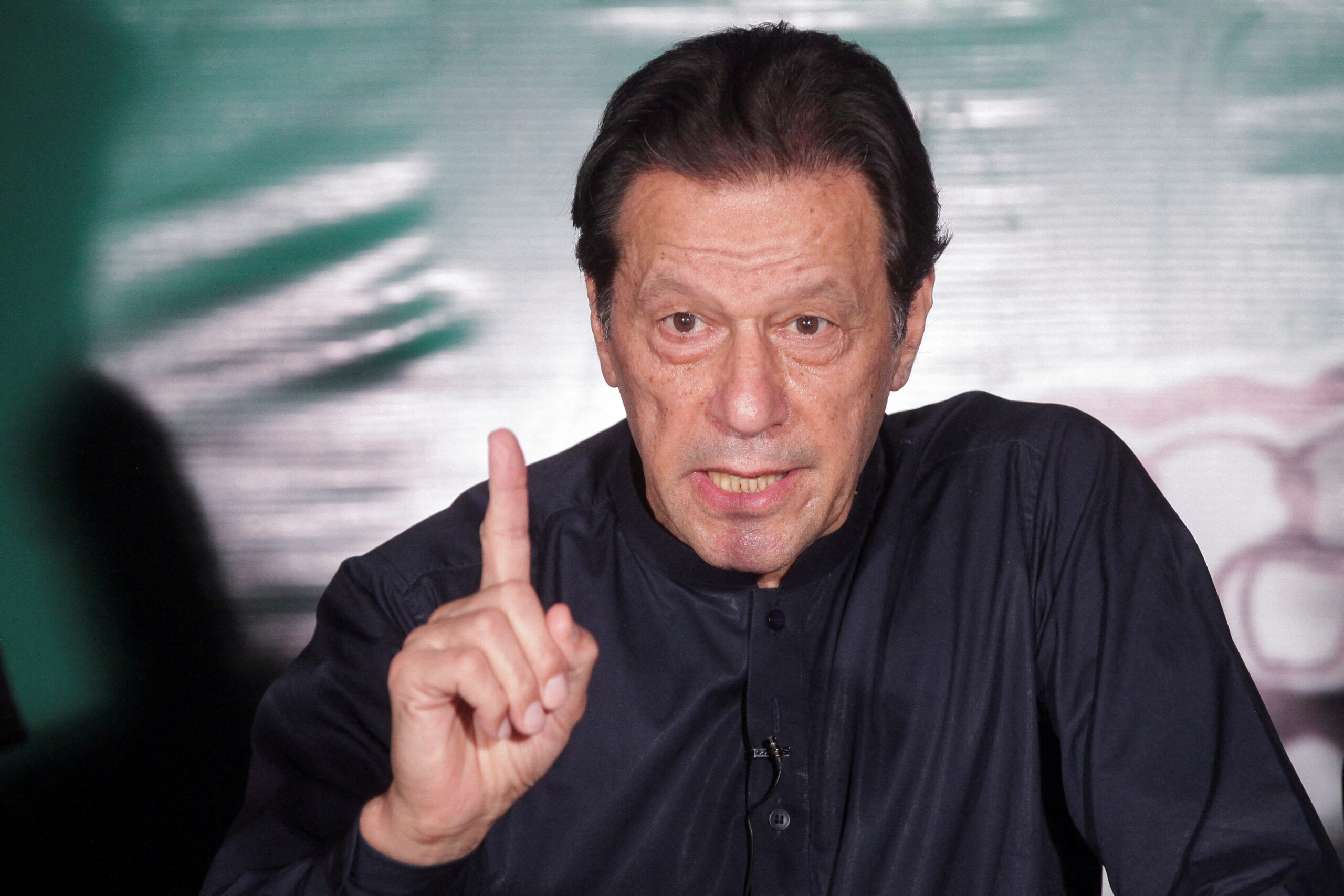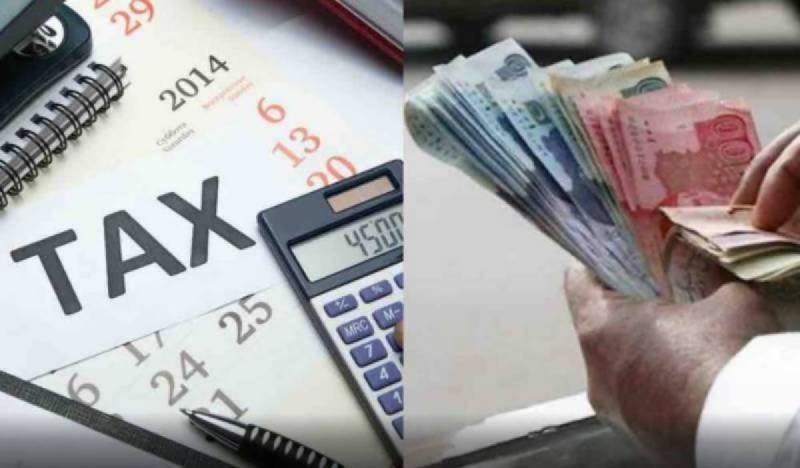Mohsin Siddiqui (Chief Reporter)
The Petroleum Division and the Federal Board of Revenue (FBR) are working together to find a viable solution to mitigate the adverse impact of the federal budget on the Refineries and Brownfield Refineries Upgradation Policy, 2023.
This issue, specifically the effect of amendments to the Sales Tax Act, 1990, on current refinery operations and planned upgrade projects, was discussed in detail during the Executive Committee (EC) meeting of the Special Investment Facilitation Council (SIFC).
According to sources, the Petroleum Division argued that the fiscal year 2024-25 budget has negatively affected the incentives and parameters of the Upgradation Policy, 2023. The EC, recognizing the seriousness of the issue, directed the Petroleum Division and the FBR to collaborate and recommend measures to mitigate these adverse effects and revive the policy’s viability.
During the meeting, refinery representatives presented several possible solutions to address the sales tax impact on their operations and upgrade projects. These solutions were prioritized as follows:
The refineries proposed restoring the status of petroleum products (including motor spirit, high-speed diesel, kerosene, and light diesel oil) to zero-rated, as it was before June 30, 2024. This could be achieved through an Act of Parliament or the promulgation of a Presidential Ordinance, which would then need to be ratified by Parliament within 120 days.
Restoring zero-rated status for these petroleum products would not increase the price of motor spirit and high-speed diesel for consumers but would address the Oil Marketing Companies’ (OMCs) concerns about sales tax.
To further address the concerns of OMCs regarding sales tax, the refineries suggested that the government impose a nominal sales tax of 3%. This could also be implemented through an Act of Parliament or a Presidential Ordinance, with ratification required within 120 days.
While this option would increase consumer prices by approximately Rs 8 per liter for motor spirit and high-speed diesel, the increase could be offset by reducing the petroleum levy by the same amount. This change would nullify the adverse impact of sales tax on refinery operations and reduce its effect on upgrade projects.
This proposal has received support from the Oil and Gas Regulatory Authority (OGRA), as it not only mitigates the negative impact on refineries but also has the potential to generate additional revenue for the government.
The refineries also proposed reimbursement from the Inland Freight Equalization Margin (IFEM) and revisions to the Brownfield Refining Policy to include fiscal stability clauses. These changes would help ensure long-term viability for ongoing upgrade projects by providing a stable fiscal environment.
The EC has directed the Secretary Cabinet, Secretary Law, Secretary Finance, and the Chairman of the FBR to explore the possibility of applying a Stabilization Clause to safeguard investment-related policies.
The Petroleum Division, in consultation with the Law and Finance Divisions, has been tasked with finalizing a Settlement Agreement of CPL in light of the Tenth AC decision and reporting the progress at the next EC meeting. Additionally, Mobadala, UAE, will be approached with the Ministry of Foreign Affairs on board to facilitate a prompt decision by PARCO regarding its upgradation plans.
To ensure policy continuity and stabilization, the Secretary of the Cabinet Division will review the Rules of Business to incorporate a whole-of-government approach in policy formulation. The EC emphasized that amendments and upgrades to existing policies should safeguard the measures already provided in earlier policies, ensuring stability for future investments.
During discussions on Exploration and Production (E&P) Policy and regulatory interventions, the EC directed the Secretary of Petroleum and the Secretary of Law to take immediate steps to implement the Council of Common Interests (CCI) decision from January 2024. This decision allows companies to sell 35% of new gas discoveries to third-party buyers and includes the notification of a Tight Gas Policy.
The Petroleum Division has been instructed to present a framework for consideration and approval by the Executive Committee of the National Economic Council (ECNEC), ensuring that future projects align with national economic goals.
Another key issue discussed during the EC meeting was the revised Gas Merit Order (GMO). The EC noted that the Ninth EC meeting had endorsed the revised GMO on February 2, 2024, and directed the Petroleum Division to seek approval from the Economic Coordination Committee (ECC) as soon as possible. However, five months later, the Petroleum Division has suggested revising the merit order again due to changing circumstances and international commitments to phase out captive power plants completely.
The EC has directed the Petroleum Division to present a revised summary to the ECC immediately, ensuring that all stakeholders are consulted and that the updated merit order reflects the latest developments in the energy sector.
The meeting also addressed the issue of gas supply to the National Steel Corporation Limited (NSCL). The Tenth EC meeting on May 25, 2024, had directed the Petroleum Division to conduct a cost-benefit analysis, in collaboration with the Ministry of Commerce and the Ministry of Industries and Production. The analysis was aimed at determining the best way forward for allocating the required gas volume to NSCL on a priority basis, taking into account ongoing gas pricing reforms.
Despite the directives from both the Ninth and Tenth EC meetings, no firm solution was presented during the latest meeting. The Petroleum Division has been urged to expedite the implementation of the decisions made during the Tenth EC meeting and share the progress with stakeholders.




